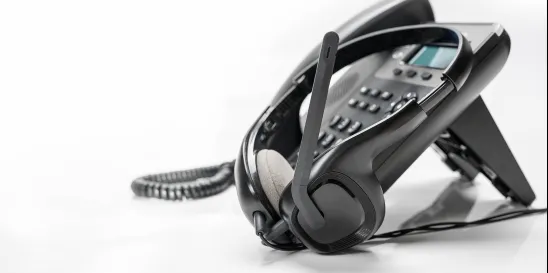So just yesterday I discussed a ruling involving a judge modifying a class definition at the pleading’s stage. Today we have an interesting ruling looking at fail safe class definitions. Fun!
In Sowders v. Scratch Financial, 2023 WL 7525900 (S.D. Oh. Nov. 14, 2023) a Court struck a class definition contained within a junk fax TCPA complaint, determining the definition was an impermissible failsafe.
Interestingly, the Defendant’s counsel apparently missed the issue and did not raise it–the Court noted “The Parties themselves to not substantively argue that the proposed class definition in the Complaint does or does not constitute a fail-safe class.” Eesh.
Regardless though the Court picked up the issue and struck the class.
So what is a failsafe class?
In a class action a Plaintiff seeks to represent individuals that are similar to himself. A very important rule of class actions, however, is that there must be a VERY clear definition of who is in the class. This is important for a bunch of reasons–including to determine who is bound by a judgment and who is entitled to receive notice.
In light of those reasons Courts have made it clear that a definition must be based on objective criteria–it cannot turn on the merits of a claim.
In a TCPA class action, for instance, it is proper to define a class based on “everyone who received a call after filling out a form on _____ website”– that’s objective–but it is NOT proper to define a class based on “everyone who received a call without providing valid express written consent”–that’s a merit’s based determination.
Classes that contain merits-based criteria are often called “failsafe” classes because if you’re in the class you are bound to win! That is unfair to the Defendant–if consent is determined to be valid then no one is in the class so it didn’t beat anybody! So the Defendant can only lose and the Plaintiff can only win.
Yeah, that’s not how litigation works and the Courts hate that.
In Sowders the class definition included only individuals who received an unsolicited fax “not including the opt-out notice required by 47 U.S.C. § 227(b)(2)(D).”
Well, since 227(b)(2)(D) requires an opt-out notice for unsolicited faxes well… that’s a pretty obvious failsafe class. It brings a merits determination into the definition–as the Court properly determined:
In the instant Complaint, FAH has submitted a class definition that renders the Putative Class an impermissible fail-safe class. FAH’s proposed class definition expressly includes parties who received an unsolicited fax “not including the opt-out notice required by 47 U.S.C. § 227(b)(2)(D).” (Doc. No. 1 at PageID 13.) The Court acknowledges that the opt out notice requirements of the TCPA would not be wholly dispositive of the Putative Class’s claims. But the issue of whether Scratch included a statutorily compliant opt-out notice on its promotional faxes is deeply enmeshed in the merits of FAH’s class allegations. Therefore, the Court will strike FAH’s proposed class definition as an impermissible fail-safe class. Though, at this early stage of the proceedings, the Court will afford FAH the opportunity to file an Amended Complaint consistent with this analysis.
Right on.
I love it when a Court gets it right!
So Plaintiff will need to amend the class definition to comply with the rules.
Failsafe class issues are definitely something for class action practitioners to keep in mind–particularly in the TCPA space.




 />i
/>i


